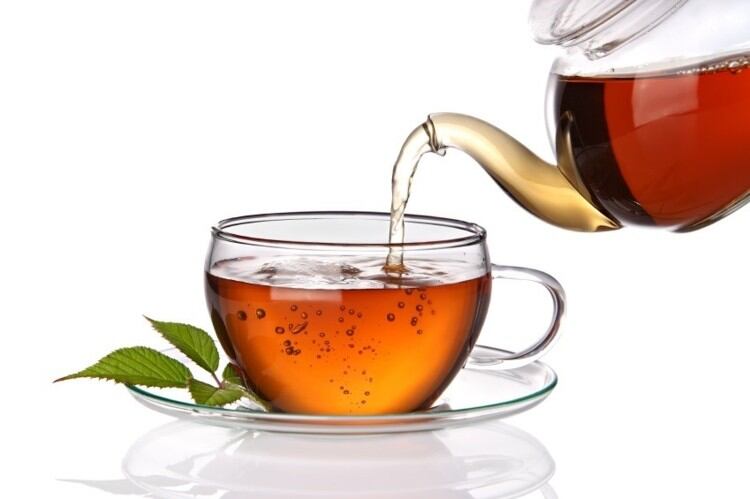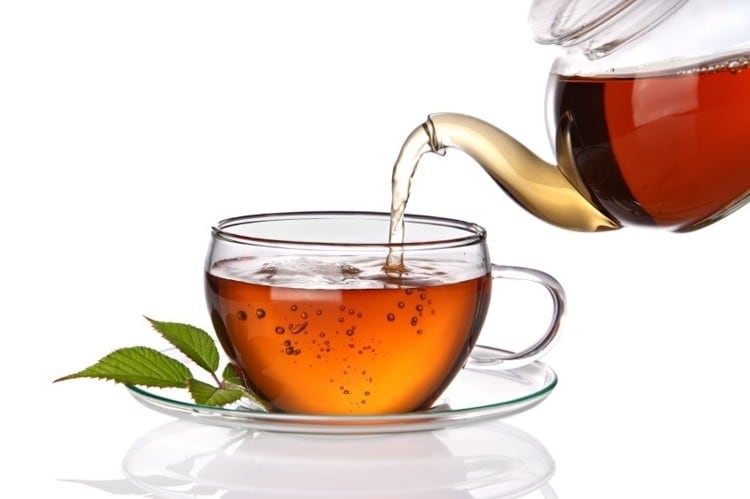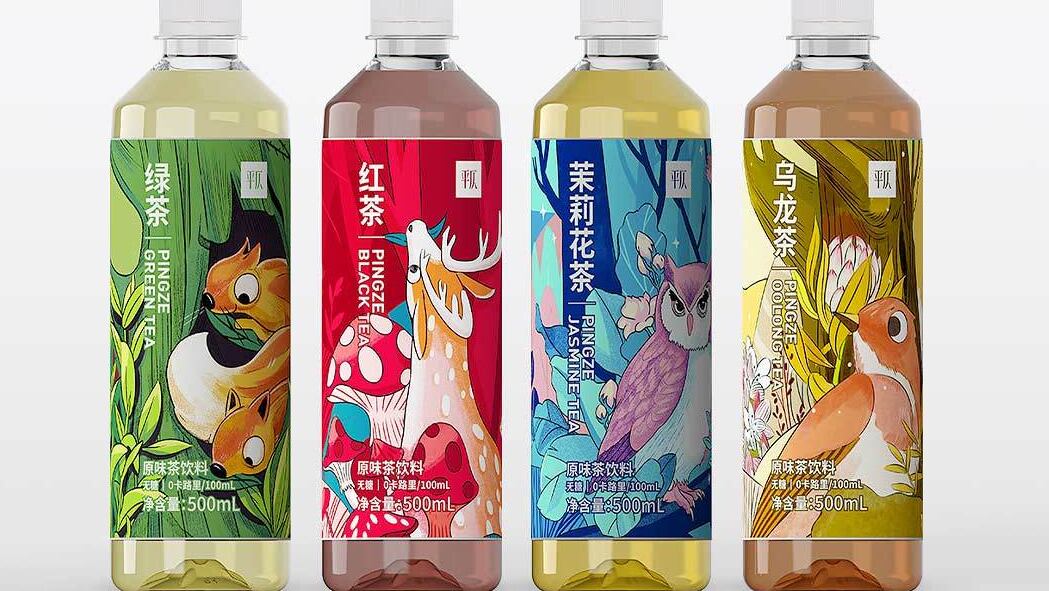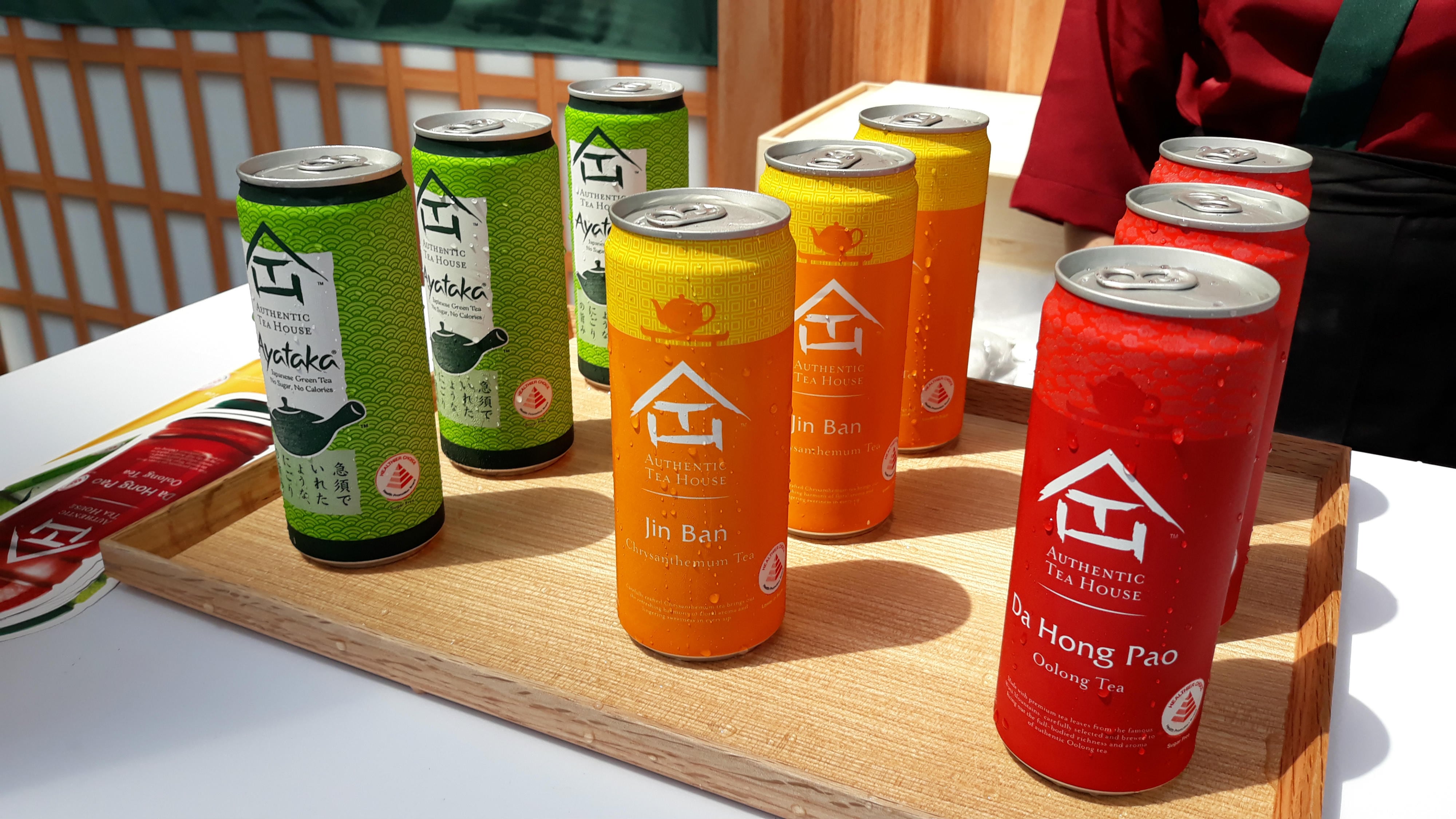Termed ProfilePrint, the technology was developed by teapasar in collaboration with the National University of Singapore’s (NUS) Food Science and Technology Programme and the Agency for Science, Technology and Research’s (A*STAR) BioTransformation Innovation Platform (BioTrans).
The tea fingerprint is formed using metabolomics to develop unique profiles for each tea.
“Comparative metabolomics in combination with chemometry applied to tea leaves was conducted to identify unique data points representing each variant of tea of different origins, cultivar and harvest age,” said Professor Zhou Weibiao, Food Science and Technology Programme Director, National University of Singapore (NUS).
The main characteristics that ProfilePrint can be used to identify are origin (e.g. Taiwan oolong vs Vietnam oolong), terroir (high land vs low land) and harvest date (spring vs autumn).
“The established methodology allows teapasar to conduct random sampling or on suspected teas, and match the sample fingerprint against the fingerprint database kept by teapasar, to ascertain if the claimed product is authentic and to identify the tea,” added Lai.
It also boasts a high accuracy rate when it comes to this identification.
“With a sample size of 351 samples and 420 fingerprint data points for each sample, A*STAR BioTrans managed to achieve 96.08% data fit accuracy within a 95% confidence interval, [and a low] P-value [which] indicates [the significant]reliability of ProfilePrint,” said Professor Nic Lindley, Strategic Director of Biotransformation Innovation Platform, A*STAR.
Identifying tea fraud
The technology also has potential applications in tea fraud identification.
“[Although] our methodology does not allow us to know the specific metabolites, by comparing the metabolomic fingerprints, we are able to ascertain its authenticity,” said Prof Zhou.
“As [our tea] database grows, B2B customers can soon send the samples to teapasar for authentication without the need to send for full laboratory test which is both time-consuming and expensive. B2C customers can also have more assurance of the authenticity when purchasing teas from the teapasar marketplace,” added Lai.
That said, the technology is not yet at a truly portable stage where quality control officers would be able to transport it around like a personal assistant device. Samples still need to be brought to a lab, although further refinement is currently in progress.
“The samples are placed into a machine and results are generated within seconds, which is then matched against the fingerprints in the database. The existing machine is not large (approximately the size of an oven), but it is not portable,” explained Lai.
“Teapasar is already working with the research partners on a portable machine,” he added.
According to teapasar, tea is the most widely consumed beverage in the world, second only to water
Tastemap: A unique consumer experience
teapasar also makes use of Tastemap, a taste prediction modelling technology that enables the tailoring of tea choices to each user. This could be a key factor when it comes to capturing the tea market.
“Tea consumption has grown exponentially globally, but online retail for tea has not caught up as consumers still prefer to taste the tea before purchasing,” explained Lai.
“[The technology enables the] identification of latent components in the fingerprint of tea variants, which enables taste profiles of individual variants to be developed and allows for taste prediction.”
“Such advanced prediction models are based on machine learning, with the accuracy of taste prediction improving with more data gathered on tea samples taste profiles.”
“The teapasar online platform utilises this taste profile latent model to match individual preferences and tea taste profiles in the database so buyers are better informed before making a purchase online without tasting it.”
The accuracy rate for this technology is also very positive, reaching 82% prediction accuracy.
“With 100 unique tea variants, the researchers from A*STAR Biotrans achieved 82% TasteMap prediction accuracy using machine learning for the following 8 basic taste profiles Sweetness, Sourness, Saltiness, Astringency, Umami, Richness, Bitterness, and Astringent Aftertaste [A*STAR],” explained Prof Lindley.
The future of teapasar and ProfilePrint
“Against the backdrop of excessive branding, fake claims and fraudulent products, teapasar hopes to leverage on technology to increase the transparency for the centuries-old tea industry, giving consumers more assurance, prevent unfair pricing and helping tea farmers gain better access to the global market,” said Lai.
Apart from portability, further studies are ongoing to develop a machine that is even faster and cheaper, which also provides stronger discrimination accuracy for the samples. This would be in regard to terroir, cultivar and harvest date, as well as the presence of additives.
Consumers can expect to see ProfilePrint usage expanding to other food products as well.
“Beyond teas, teapasar is already exploring to deploy its technology on other high value food products and traditional Chinese herbs as such ginseng, cordyceps and bird's nest,” added Lai.
At launch, teapasar already has 38 tea brands, tea-related accessories, workshops and farms offering over 400 products.
“Key brands includes Ito-En from Japan, The 1872 Clipper Tea Co and Gryphon Tea from Singapore, Australia Tea Masters from Australia, T3 organics and Dr Drinks from China, and we are continuing to grow,” said Lai.
teapasar’s online platform launched at the Singapore Tea Festival 2018 on September 21, while the first retail store will be launched in November 2018 at Plaza Singapura mall.





